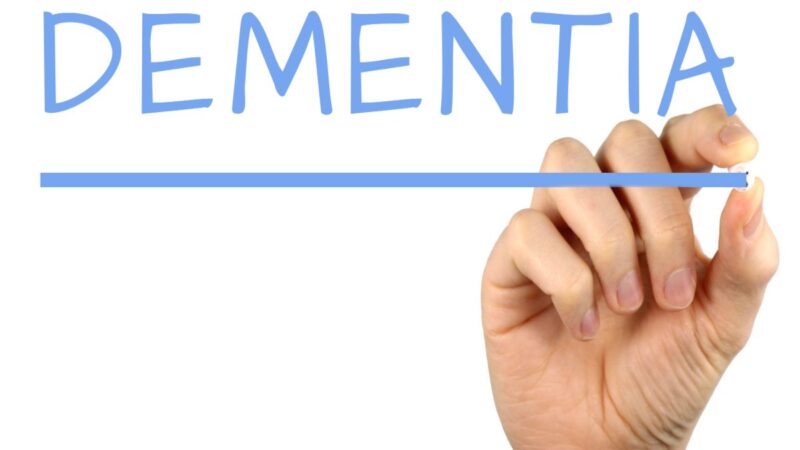Are You Exercising Correctly for Better Health and Fitness?

It is evident that physical fitness and health are inextricably linked. After all, a 10% increase in fitness can result in ten additional “quality years” in your life*. But did you know that improving your physical fitness might also help you heal faster?
People who are physically active and healthy recover better at night and throughout the day. As a result, boosting your fitness will not only allow you to run longer or push yourself harder at the gym, but it will also allow you to better manage the demands of your everyday life.
Exercising to Meet Your Fitness Goals
However, this is not a guarantee. To reap these benefits, you must exercise ‘properly,’ that is, in accordance with your existing fitness level. Excessive or vigorous exercise does not promote recuperation, but rather hampers it. Heavy exercise is a huge stressor on the body, and we need plenty of recovery and lighter sessions to reap the advantages.

It allows you to track your daily exercise sessions and observe how they affect your fitness and health, ultimately assisting you in finding the type of exercise that is right for you.
Explicitly stating what works for you
The score is based on the amount and intensity of exercise performed, with severe and moderate exercise having a greater impact on the score than light physical activity. Moderate physical exercise offers considerable health advantages, however strong physical activity has the greatest impact on fitness provided it is balanced with enough rest.
Even if it does not accrue as many Physical Exercise points, light physical activity is crucial for maintaining high functional capacity and invigorating your body and mind.

So, how can you figure out what kind of activity you’re engaging in? The most evident distinction between moderate and vigorous physical exercise is that you can still speak during moderate exertion, but strong activity leads you to sweat more and become obviously out of breath.
The Same Exercise Has a Different Result
The relative intensity of exercise is influenced by physical fitness. A healthy individual may find the same exercise session simple, whereas a less fit person may find it moderate or even severe. As a result, a less fit individual will get more Physical Activity points from the same session since their body will be under more strain. To achieve the same outcomes and score, a fitter individual must exercise harder – or longer.
You Don’t Have To Get A Perfect Score Every Day.
Keep in mind that the aim isn’t to achieve a perfect score on the Health Effects of Physical Activity every day! With a score of 70 or above, you can get good health advantages by doing 30 minutes of moderate or 20 minutes of strenuous physical activity throughout the day.
Multi-faceted exercise provides the highest health and fitness advantages. On certain days, you should exercise a little more to improve your score and fitness advantages, while on other days, you should do less physical activity to allow for adequate recuperation. On easy days, the Physical Activity score will be lower, but this sort of activity (which is meant to help you recover after harder sessions) isn’t meant to rack up a lot of points.
Is It Time to Work Out or Take a Break?
If your Physical Activity score is consistently high but your Sleep score is low, it might mean you’re exercising too hard or too much for your present fitness level. In these cases, lowering your workout intensity or volume for a while until your recuperation improves is suggested.
The Health Effects of Physical Activity score will not be accumulated if the activity does not raise your heart rate. Strength or flexibility training (or yoga), for example, is designed to improve other parts of fitness rather than the cardiorespiratory system, therefore the Physical Activity score isn’t the ideal approach to assess their impact.
- Unlocking the Secrets: How to Become a Successful YouTuber - March 17, 2024
- Unlocking the Power of Home Loan Calculators: A Comprehensive Guide - March 9, 2024
- Understanding Dementia: A Comprehensive Guide - March 7, 2024






